Earlier this year, an article popped up in my recommendations: “If you want love, study it first.”
I admit that I cribbed a bit on the title, but I think that mine is better anyway. Because people give and receive love without study. We just seem to mess it up a lot of the time.
So, I think that it’s about getting BETTER at love.
And the article itself:
Is pretty steeped in Christian theology. Which is not my cup of tea, but it makes some good points.
“It’s all improv. There’s no regularized standard for how people should act in romantic relationships, so that means that every person has to live up to a standard that doesn’t exist.”
This is pretty much true, in my view.
I’m a fan of change, and the variety of options available to us now that were not a mere century ago, or even a couple of decades ago.
It does, however, leave us without traditions or tried-and-true step-by-step methods of…well, whatever (for example, how does a father hand a woman over to her husband as chattel? Don’t know and don’t care!).
“One part of a liberal arts education is self-knowledge,” Schlueter said. “This aspect of ourselves is not accidental. God made sexuality to be one of the most central aspects of our own identity and self understanding. It’s central to who we are and so it demands a lot of reflection.”
And I mostly agree with this, and would re-word it thusly:
One part of a liberal arts education is self-knowledge. Sexuality is one of the most central aspects of our identity and self understanding. It’s central to who we are and so it demands a lot of reflection.”
And I mean that from a position of sexuality as a spectrum. Your asexuality is just as important to understand and recognize as someone else’s nympho- or satyromania. And vice-versa.
“I realized even more that we are not made for mediocre relationships, but that because we’re made in the image and likeness of God, our relationships are meant to be things that reflect that,” John Paul said.
I’m not one to dive into what we were “made for,” or not. However, I don’t believe that most of us, given a choice, would choose a mediocre relationship over something astonishing, amazing, uplifting, soul-filling, raunchy, sexy, fun or whatever adjectives get your juices flowing.
But how do we create these sorts of relationships?
Or, more importantly, how do we recognize the seeds for one when it’s right in front of us?
“Good dating is knowing what you want in a relationship before you go into one,” Rhein said. “You should definitely talk it out with the other person, but you should know the values and expectations you have so you can be up front about them, rather than sort of discovering them as you go. That seems very unreliable because people can come in with very mixed expectations.”
I don’t think this is entirely true.
I do think that having a strong idea of who you are matters.
And knowing SOME of what you want in a relationship is important.
However, discovering things as you go is JUST as important. Flexibility and a desire to connect with another person and collaborate on creating the relationship of (both) your wildest fantasies matters.
Those who think they know EXACTLY what they want often fall into the trap of running their dating a series of employment opportunities, trying to fit someone who is human, full or dichotomies and contradictions and interesting soft spots to discover into a very specific box with an almost-impossible shape.
And that leads to people competing int heir relationship, instead of collaborating. Trying to make each other more of what they want, instead of growing together and appreciating who each other is more.
And I understand the trap.
Because I’ve done it.
My first marriage was two people trying very hard to create the perfect mate through emotional manipulation, arguing, cajoling, and any other methods we could think of.
Sadly, we didn’t get a chance to grow out of that before mental illness ruined our possibilities.
Luckily, though, when I came out of that, I wondered if learning more about love, sex and romance might lead me to better relationships in the future. And so, I figured I’d give it a try.
I spent a year voraciously devouring all the material I could about how to make love work, how to have more and better sex, how to meet people, and show appreciation and connect and communicate, and, and…
Or, as I call it, “learning how to be human.”
Because I am neuro-atypical. On the ASPD scale (think sociopath). And I was not good at relating to people. I lived mostly in my own mind, with an interest in people for what they could bring to my life, and not much else.
That was 13 years ago.
And I have had some amazing relationships since then.
Not a single long-term bad relationship. Several short-term train wrecks (that honestly, I spotted a mile away and rode anyway for fun and “science!”), sure. But overall, my relationships are happy and healthy and include good boundaries, and amazing sex, and communication, and closeness, and affection, and honesty, and people I love and respect and adore.
Which is part of why I write.
Because I figure if I can do it, with the many flaws and failing I have, most of you can, too.
If you just take a bit of time.
And study.
Love, romance, sex, and yourself.


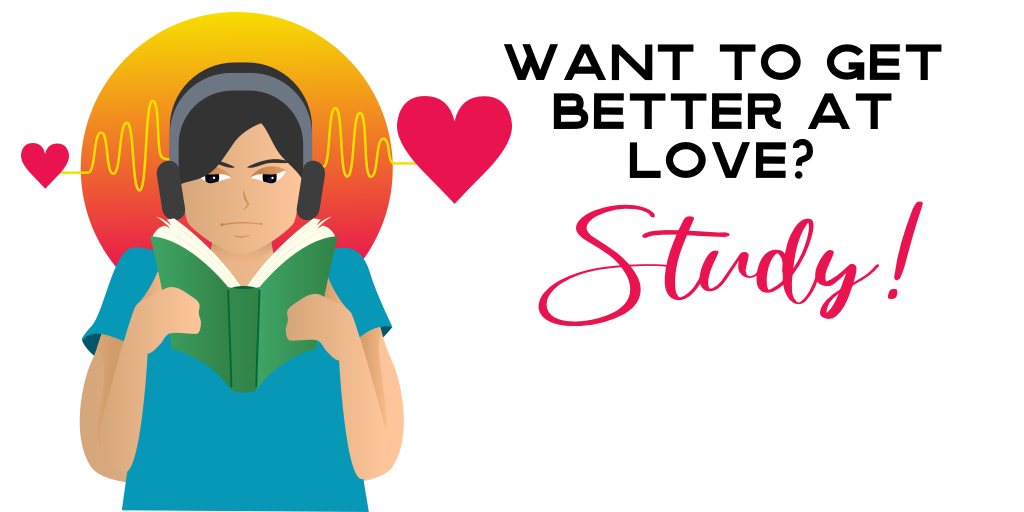
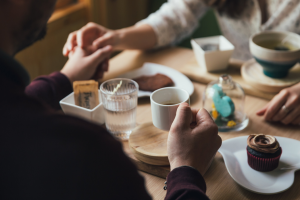
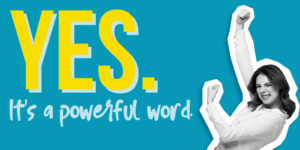
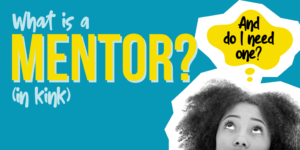

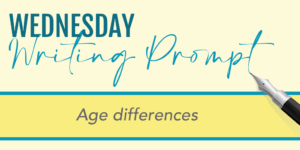

One Response
I just wanted to say thank you for your blog and your podcast and the books you’ve written. They really have helped me a lot and also realizing what I want out of a relationship, what I want out of a dynamic and or kink, to definitely read more as well. Just thank you!